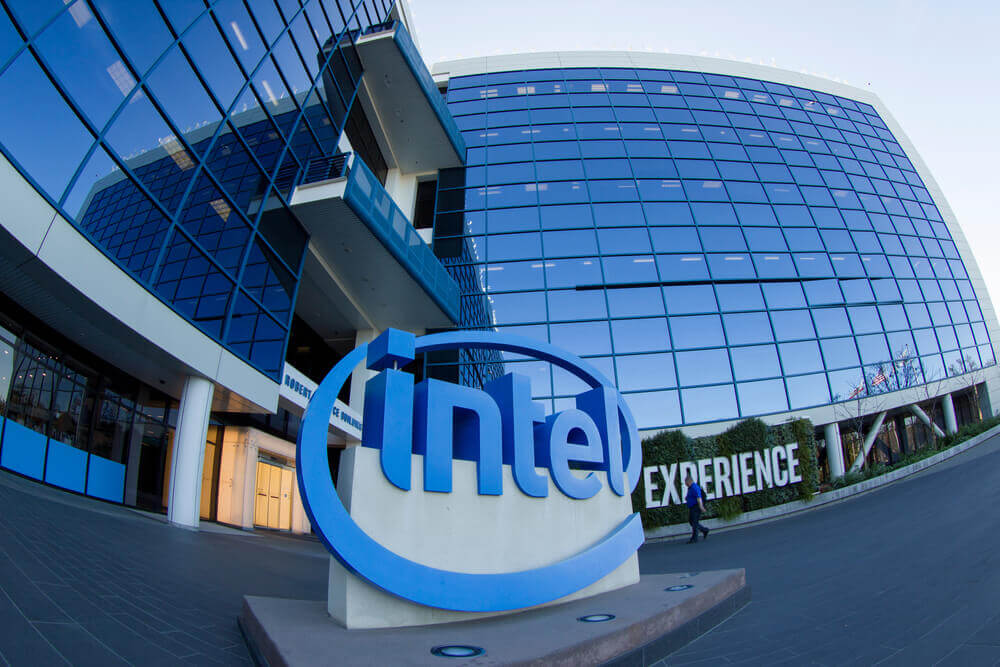On Friday, Intel Corporation’s shares tanked after China issued new guidelines telling telecom carriers to stop using Intel chips by 2027.
The California-based tech giant’s stock retreated 5.16% to $35.69 per share on April 12, followed by a 0.20% after-hours slide. Moreover, industry watchers anticipate a 0.62% decline to $35.47 apiece in the coming market session.
According to analysts, Beijing’s move dealt a significant blow to Intel’s near-term strategy, especially regarding its neural processing units (NPUs). China was Intel’s largest market in 2023, accounting for over 27.00% of the chipmaker’s total revenue.
Previously, the company unveiled plans to use its NPUs to improve its position in the generative AI (GenAI) arms race. An Intel NPU can outperform an Nvidia GPU in large language model (LLM) processing on low-demand devices like smartphones.
Under China’s Ministry of Industry and Information Technology’s directive, all state-owned telecommunication providers must scrutinize their networks for foreign-manufactured chips and provide a strategy and timeline for the removal of Intel and other Western-made processors.
Moreover, the move aligns with Beijing’s long-term plan to eliminate its technological reliance on the West. Starting last year, China eased its regulatory crackdown while expanding support for domestic tech companies amid tougher US tech sanctions.
China Hits Intel as Tech War with the US Escalates
Tech experts see the Intel ban as retaliation to a new law that forces the Beijing-headquartered ByteDance to sell its stake in TikTok. On March 13, the US Congress overwhelmingly passed the bill, which classified the popular social media app as a threat to America’s national security.
Furthermore, the US tightened its sanctions in October last year to prohibit the sale of more GenAI chips to China. In 2022, the world’s biggest economy openly stated its intent to derail China from catching up to the West regarding AI technology.
In response, the CCP launched an initiative to make China technologically independent within a decade. This movement negatively impacted various US tech companies, including Intel, Nvidia, AMD, and Apple.











